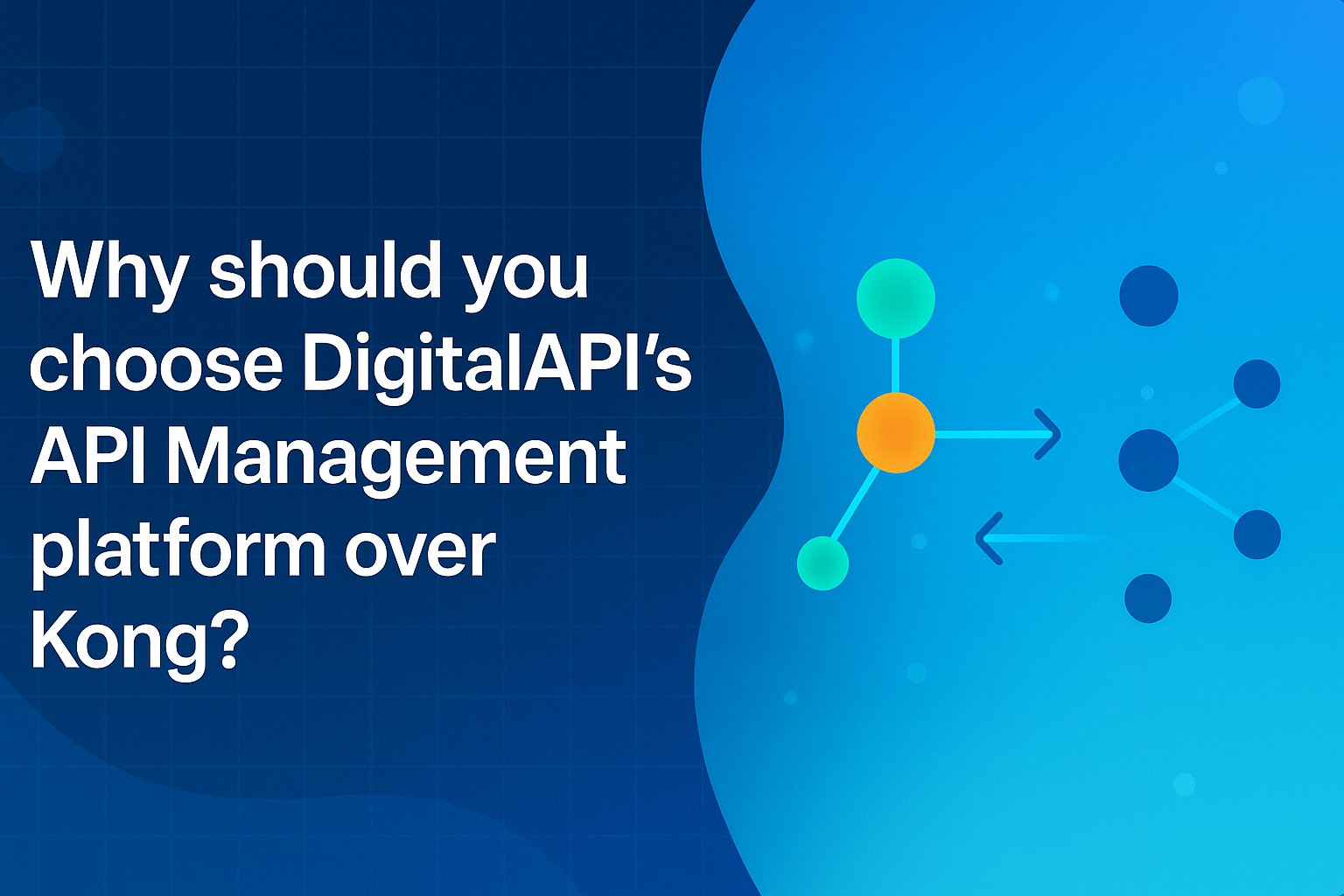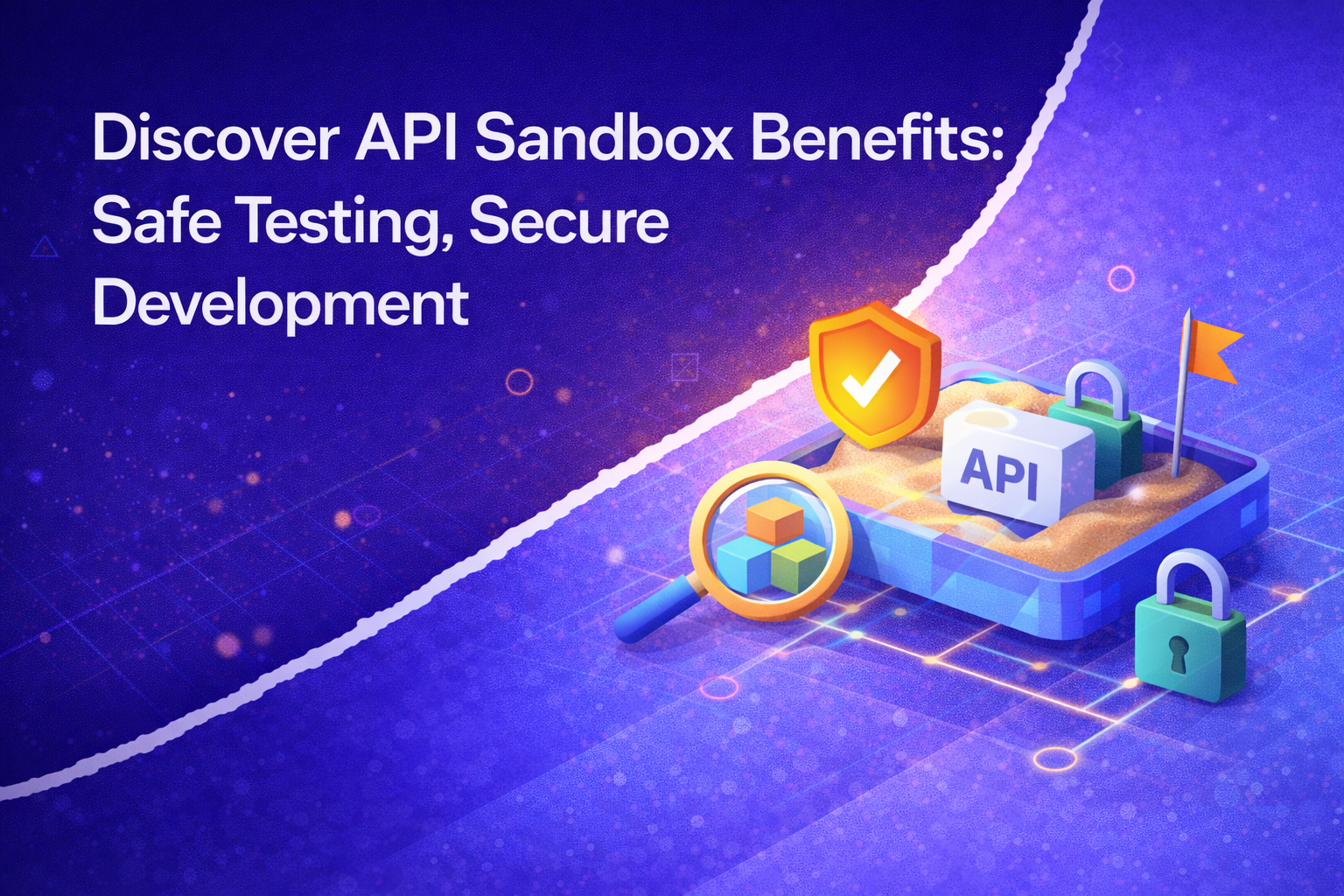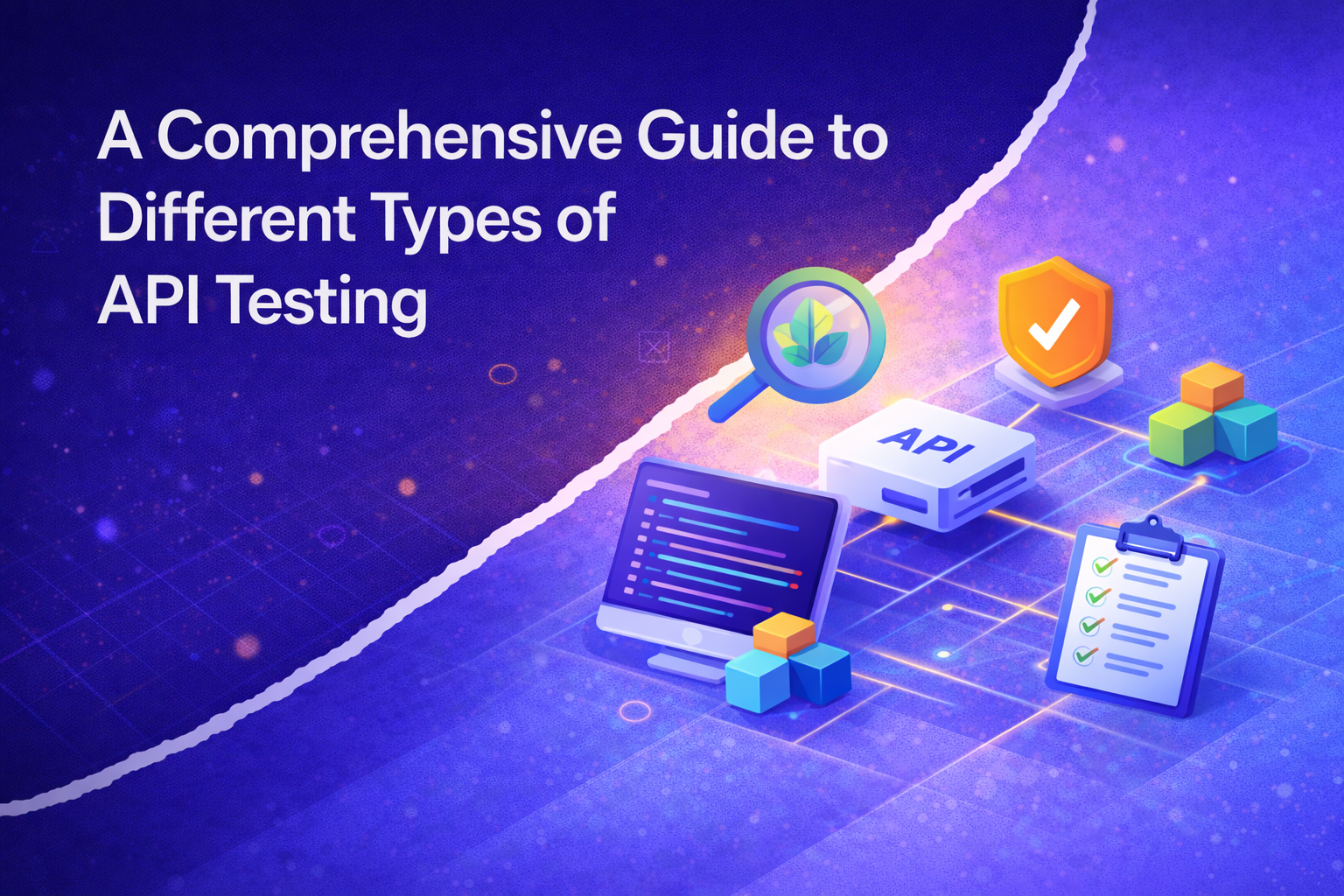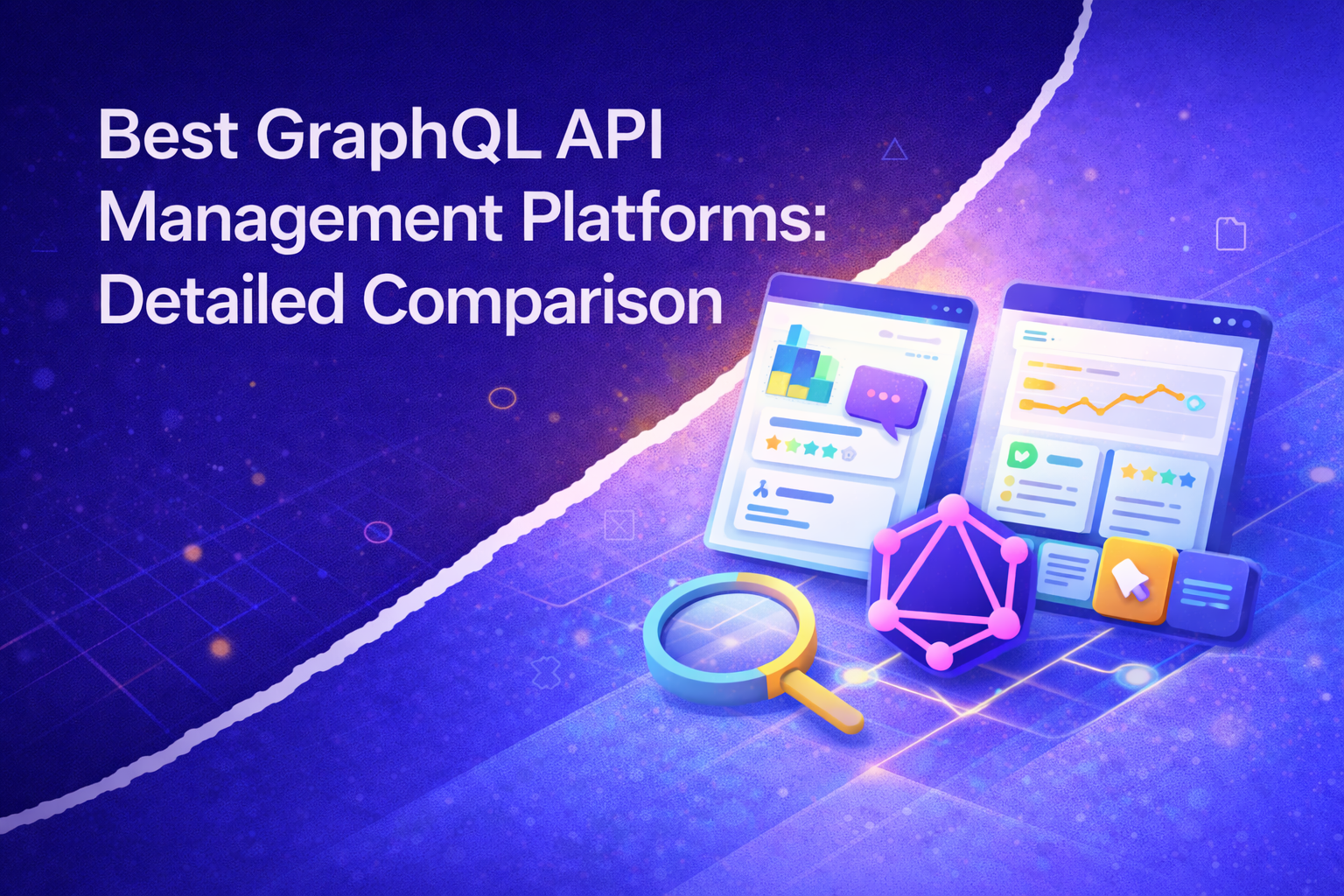API Management
Why should you choose DigitalAPI’s API Management platform over Kong?
Updated on:

In this blog, we compare DigitalAPI’s API Management Platform with Kong’s gateway-based approach to show why enterprises today benefit more from a unified API lifecycle, not just a gateway.
While Kong provides solid foundational capabilities for API runtime, DigitalAPI delivers across all stages, including design, governance, discovery, monetization, AI-agent readiness, and more.
Some of its key advantages include multi-gateway federation, a centralized catalog and hub, robust governance & security across gateways, self-serve developer experience, and built-in AI tools.
If your organization is dealing with gateway sprawl, slow deployments, fragmented visibility, or wants to prepare for AI-driven consumption, DigitalAPI offers lower operational complexity, better scalability, and faster time to value.
So, what are you waiting for? Book a Demo!
For almost a decade, API gateways like Kong have helped enterprises bring structure, security, and scalability to their API programmes. They’ve been enabling businesses to expose and manage APIs in a controlled way.
But the API landscape has changed dramatically. Most large organisations now run multiple gateways across departments and geographies. They don’t just need to deploy APIs; they need to govern them centrally, enable self-serve adoption, monetise them, and prepare for AI-driven consumption. Legacy gateways, built for an earlier era, can start to feel like a bottleneck when asked to deliver all of this.
That’s where DigitalAPI’s API Management platform comes in. It isn’t just a gateway; it’s a unified API platform that is designed to remove complexity, accelerate time-to-value, and give enterprises the agility they need for the next decade of API growth.
Where legacy gateways hit their limits?
In modern enterprises, API usage is no longer confined to a single gateway. Research shows that a significant 66% of organizations that use API management tools operate more than one gateway, revealing how common “api sprawl” has become, and how ill-equipped legacy tools can feel in this fragmented reality.
- Multiple gateways, one control problem: Many enterprises still use multiple gateways, separate internal and external dev portals, with overlapping concerns around security and governance, fragmented visibility, and inconsistent policy application, which become real risks.
- Long, resource-heavy deployments: Legacy gateways often require multi-component setups, runtime, analytics, control plane, developer portal, etc., turning deployment timelines into multi-week projects across engineering, infra, and security teams.
- High learning curve across teams: Traditional gateways can mean jumping between varied interfaces, policy editors, analytics dashboards, and trace tools, creating onboarding overhead that delays productivity.
- Latency and throughput issues under load: Even best-in-class analytics tools can introduce runtime overhead, and poor latency directly affects user experience. Studies show that latency over 100 ms can feel sluggish, and every additional 100 ms could cost up to 1% in user conversions.
- Collaboration bottlenecks & manual versioning: With only one user allowed to edit a proxy at a time and no native Git support, managing change becomes error-prone and slow, forcing teams to resort to manual diffs and coordination calls.
- Cost misalignment with usage: Complex tiered or feature-bound pricing penalizes teams that use only a small subset of functionality, often resulting in overpayment, especially for organisations working incrementally or adopting APIs gradually.
DigitalAPI API Management Platform vs Kong
The DigitalAPI advantage: One platform for all your API needs
Traditional API gateways stop at runtime. But enterprises today need much more: a unified view of their APIs across gateways, governance that scales, a marketplace to drive adoption, and readiness for AI-driven consumption. That’s where DigitalAPI.ai stands apart. Our platform brings the entire API lifecycle into a single, cohesive journey:
1. Helix gateway
Helix is our native gateway, built for speed and simplicity. Unlike heavyweight deployments that can take weeks, Helix can be up and running in hours with minimal developer effort. It allows you to design, test, and deploy APIs end-to-end without juggling multiple tools. Its runtime is optimised for throughput, ensuring performance doesn’t degrade under heavy loads. For teams already using Kong, AWS, or Apigee, Helix integrates seamlessly so you can run mixed environments without friction.
2. Unified catalog & hub
In large enterprises, APIs are scattered across gateways and clouds. DigitalAPI solves this with a central catalog that aggregates APIs, events, SDKs, and more into one organised hub. Role-based access control (RBAC) makes it possible to segregate visibility between internal, partner, and external stakeholders, ensuring the right people see the right APIs. From here, you can manage keys, prevent duplication, and enable easy discovery across the enterprise.
3. Governance & security
Fragmented governance is one of the biggest headaches in multi-gateway environments. DigitalAPI centralises policy enforcement so that authentication, authorisation, and compliance standards are consistent everywhere. You also get in-depth usage and gateway analytics that make it easy to spot anomalies, optimise performance, and prove compliance. AI-assisted documentation ensures every API is consumable and audit-ready from day one.
4. API developer portal
APIs have no value unless they’re adopted. Our developer portal lets you showcase your API portfolio in a way that reflects your enterprise identity. You can elevate APIs with blogs, videos, tutorials, and AI-powered chat, giving developers context and reducing friction. With self-service onboarding, API sandboxes, and subscription flows, developers can explore, test, and integrate without waiting for manual approvals.
5. API GPT & MCP readiness
The next wave of API consumption won’t come just from humans; it will come from AI agents. That’s why we built API GPT, which converts your APIs into MCP-ready, agent-consumable interfaces. This means your APIs can be safely discovered and called by AI agents within your governance policies. For enterprises, this isn’t just future-proofing; it’s an immediate way to prepare for agent-native products, customer experiences, and operations.
Still comparing gateway options? Check out the top Kong alternatives for evaluating performance, deployment flexibility, and total cost.
Final thoughts
Where legacy gateways stop at runtime, DigitalAPI covers the full API lifecycle: from design and deployment, to unified discovery, governance, self-serve adoption, monetisation, and AI-readiness. It’s not about replacing one gateway with another, it’s about consolidating complexity into a single, modern platform that grows with your enterprise.
You’ve spent years battling your API problem. Give us 60 minutes to show you the solution.
.svg)

%20(1).png)





.avif)
